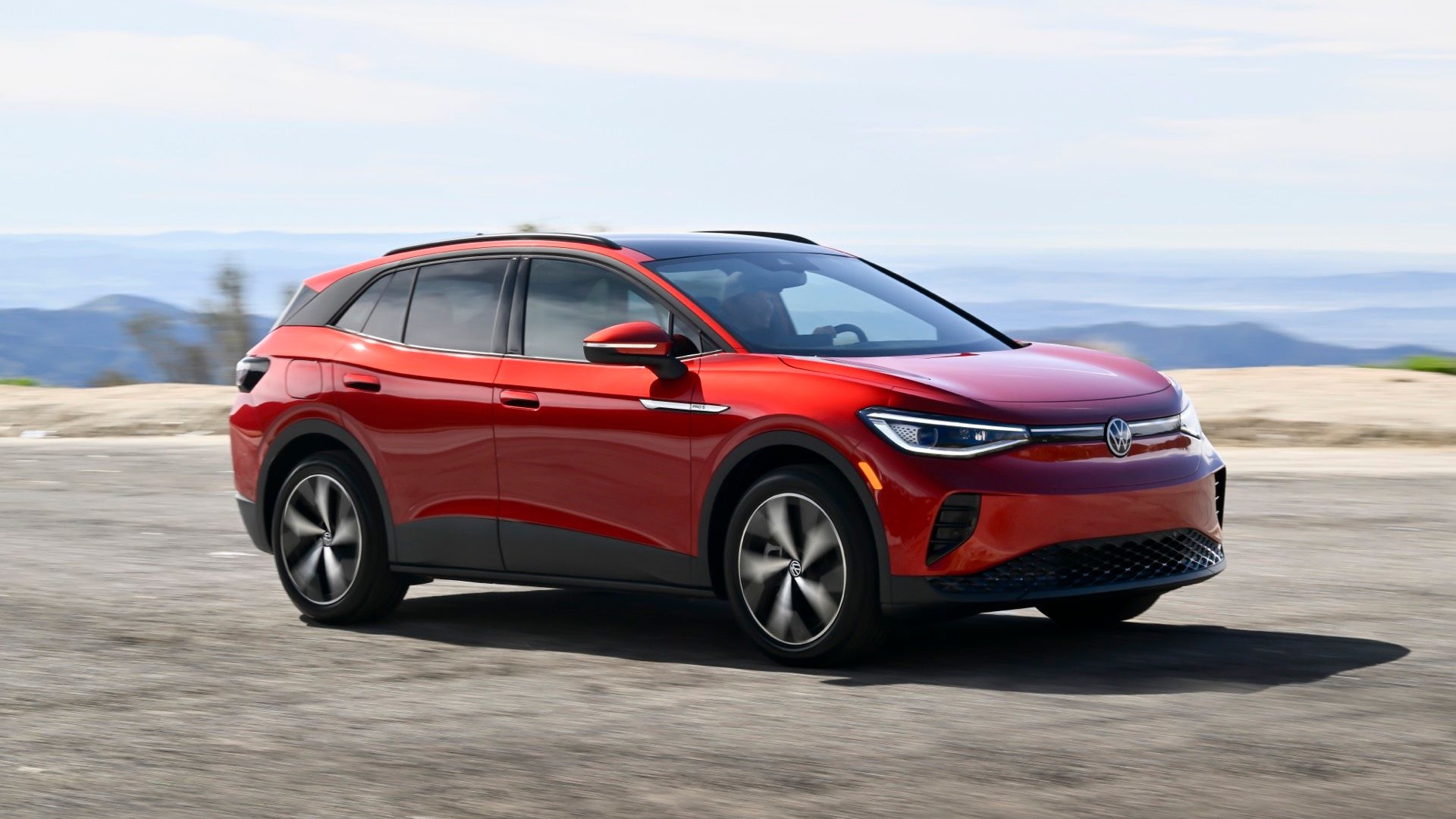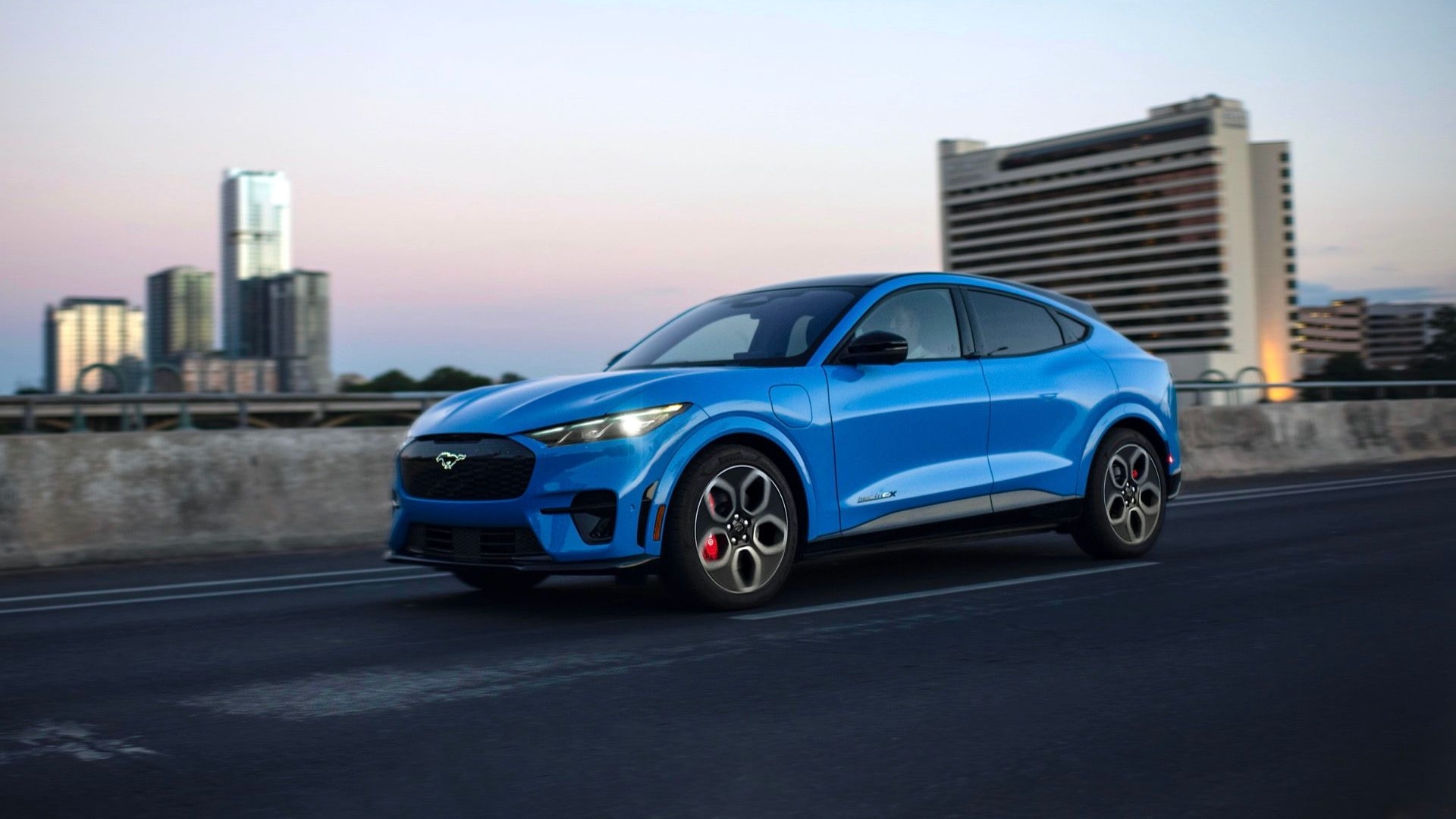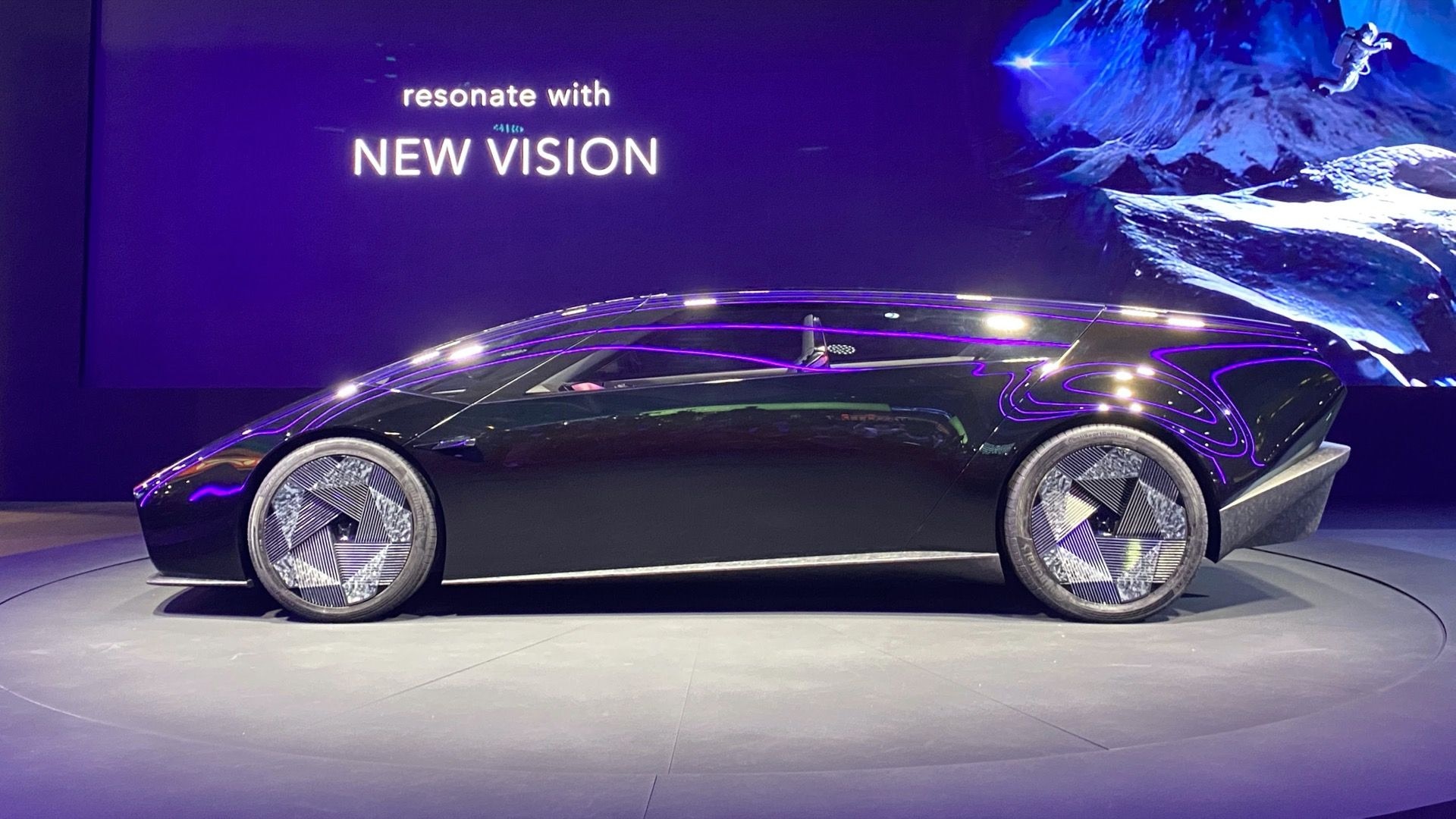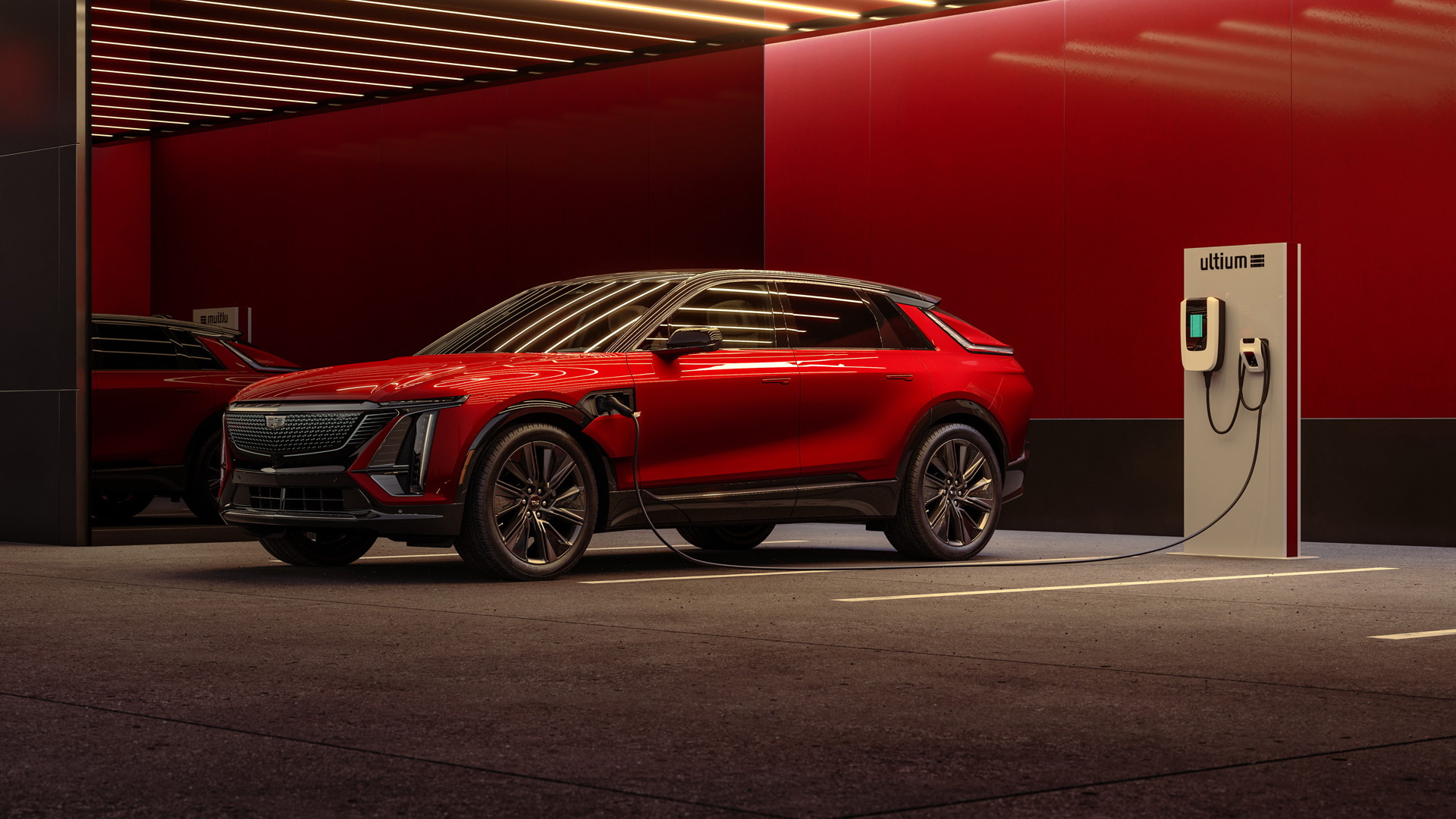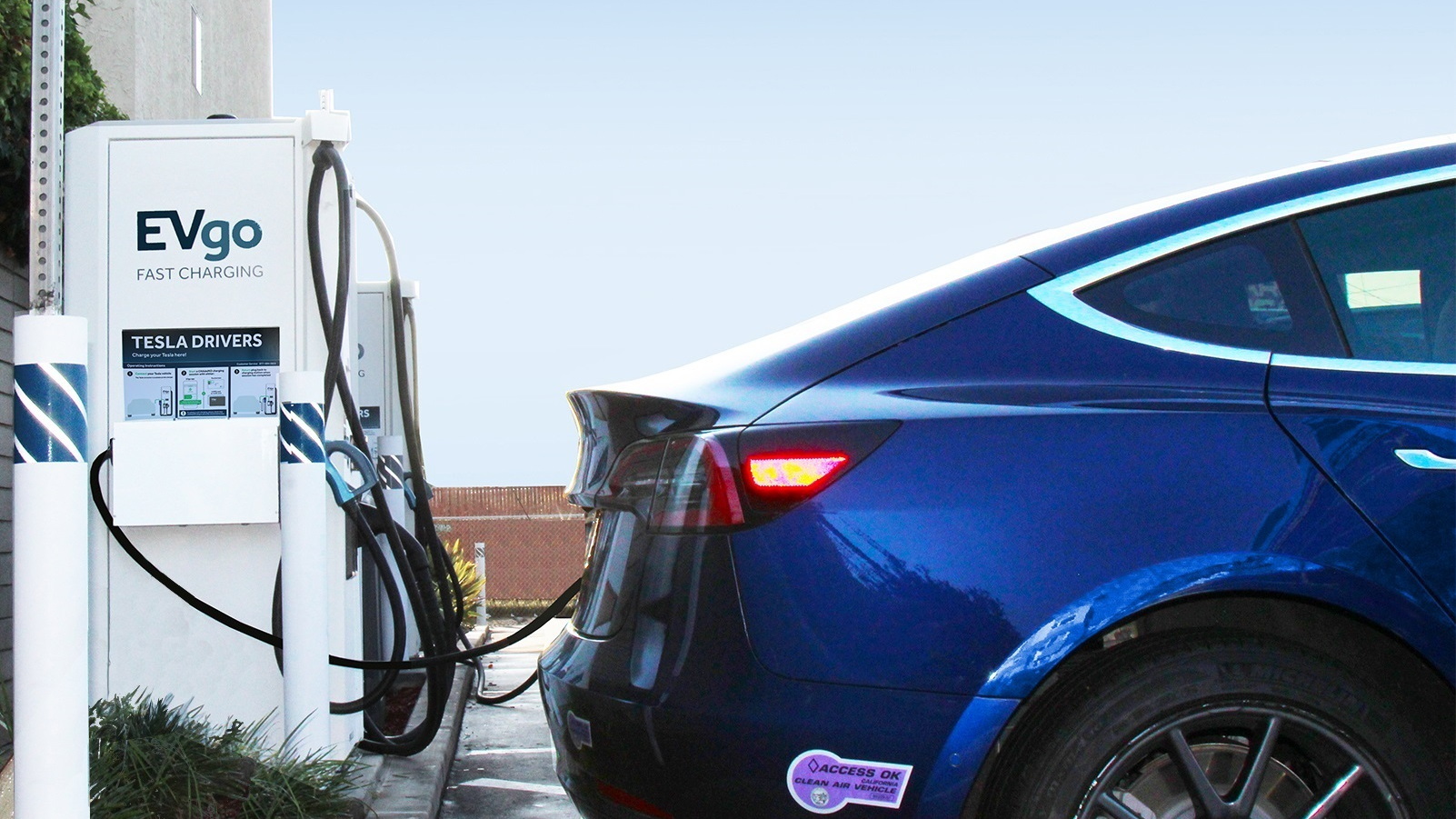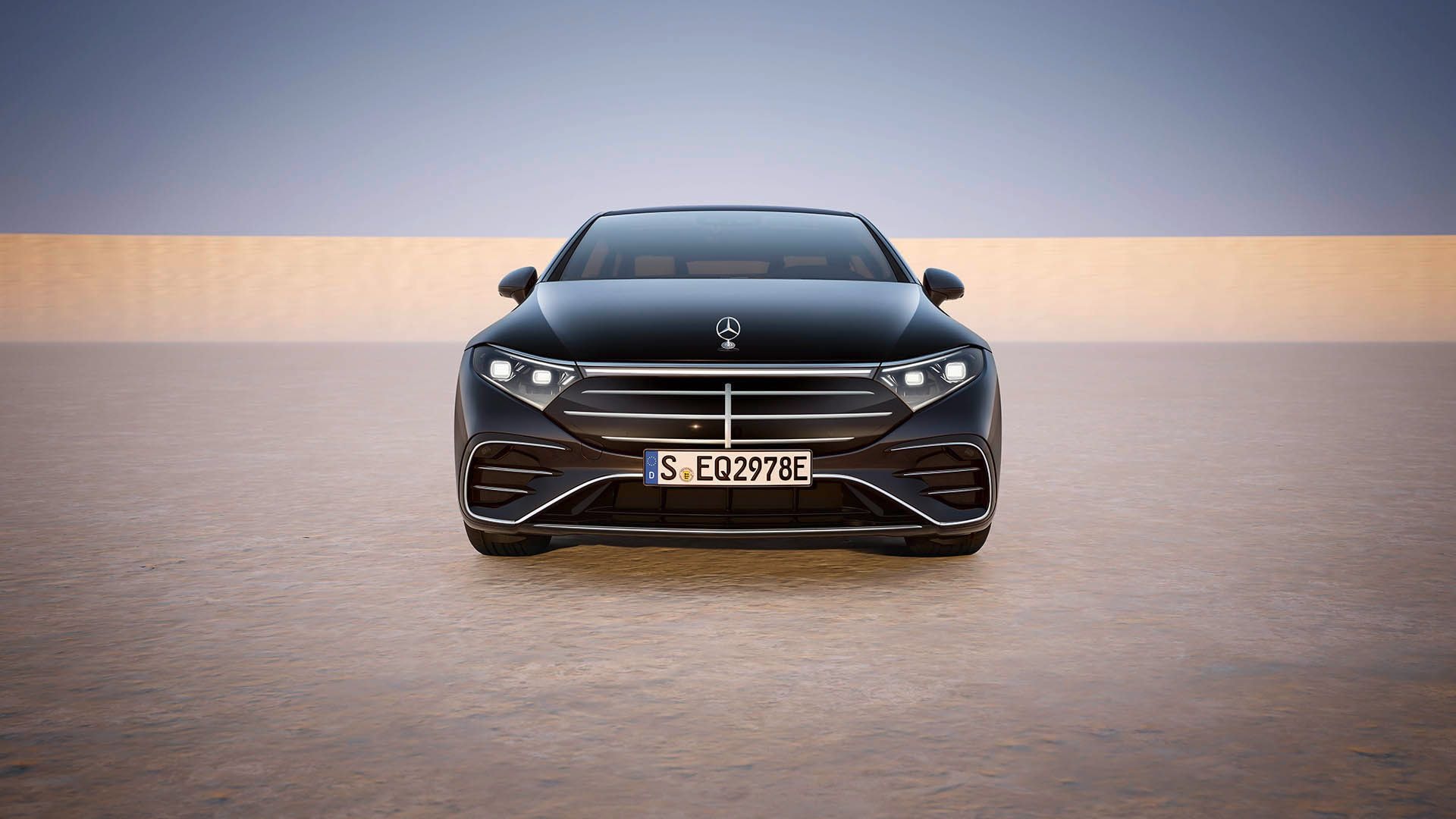Audi agreed on Tuesday to pay a $928 million fine to put the diesel emissions-cheating scandal behind it in its home country, Germany.
The 800 million Euro fine to German authorities, consists of $923 million (795 million Euros) in profits the company made selling diesels that didn't comply with emissions standards plus the maximum fine of $5.8 million (5 million Euros), according to a Bloomberg report.
German authorities have been closing in on Audi in their investigation, arresting key executives, and releasing emails that allegedly show collusion between Audi and its competitors as well as Bosch, a supplier to all the German automakers.
READ THIS: Audi CEO arrested in Germany over diesel scandal
Much of the software that Volkswagen used to cheat emissions tests was reportedly developed at Audi, its upscale subsidiary.
The German fine comes on top of a $1 billion fine that parent-company Volkswagen agreed to pay in June.
In the U.S., where Volkswagen sold many times the number of diesels that Audi did, VW paid $25 billion to settle the diesel emissions cheating scandal.
CHECK OUT: German authorities uncover emissions-cheating collusion among diesel automakers
As part of the settlement, Audi admitted that it did not follow regulatory requirements.
The settlement has no effect on civil suits against the automaker over its diesel models or on criminal cases against its executives.
Audi executives warned investors that the fine will have a significant effect on its earnings this year.

Volkswagen MEB platform architecture
The fines come just as the Volkswagen Group is investing $40 billion in developing electric cars to replace the efficient-but-dirty diesels.
The company plans to introduce a range of 27 new electric cars by 2022, including a small hatchback, the ID, crossover SUV (ID Crozz), and an update to the classic Microbus (the ID Buzz,) Along with its subsidiaries, the company is developing at least three dedicated platforms for electric cars and investing in new solid-state battery technology.
Audi plans to introduce its first all-electric car, the e-tron SUV, in the U.S. next spring.




